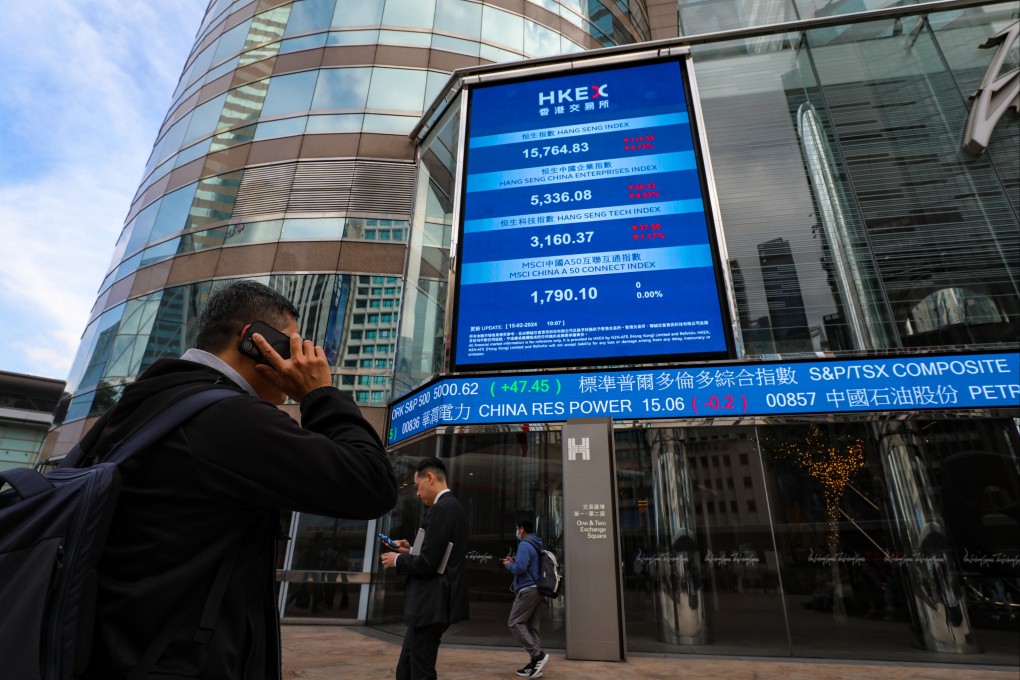Hong Kong stocks drop with traders wary of earnings downside before Baidu, NetEase, Li Auto HKEX reports
- Baidu, Li Auto, NetEase and HKEX are among companies to report their quarterly earnings later this week
- The Hang Seng Index climbed to a seven-week high last week, on the back of a three-week market rebound

The Hang Seng Index dropped 0.5 per cent to 16,634.74 on Monday, extending a retreat from a seven-week high. The Hang Seng Tech Index slipped 0.2 per cent while the Shanghai Composite Index lost 0.9 per cent.
Baidu and NetEase are also due to publish their report cards this week, as is the city’s bourse operator Hong Kong Exchanges and Clearing or HKEX, whose stock slipped 0.6 per cent to HK$251.60.
A slew of negative profit alerts suggests there is downside risk to consensus earnings for Chinese companies, Goldman Sachs said in a report on Sunday. In contrast, Asia-Pacific companies are expected to post high-teens growth in the fourth quarter, with Japan and India leading the pack, it said. Consensus growth for regional companies is 15 per cent this year and 14 per cent for Chinese firms, the US bank said.
“All these regulatory measures can stabilise the market and sentiment for now,” said Dai Ming, a fund manager at Huichen Asset Management in Shanghai. “For stocks to move on to a sustained uptrend, you’ll need to see the economy pick up and corporate earnings return to strong growth.”